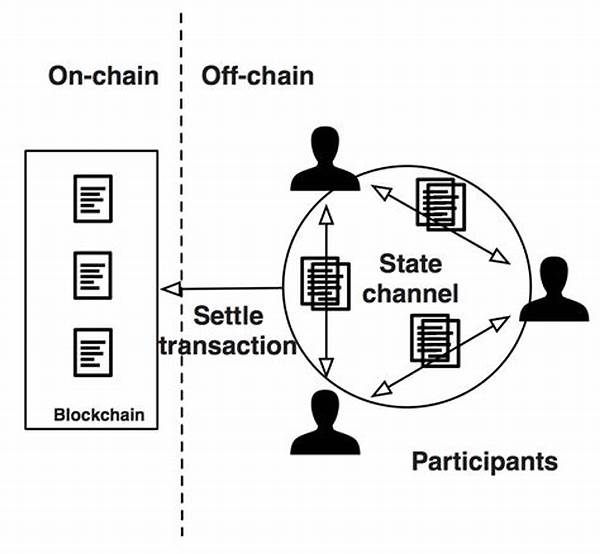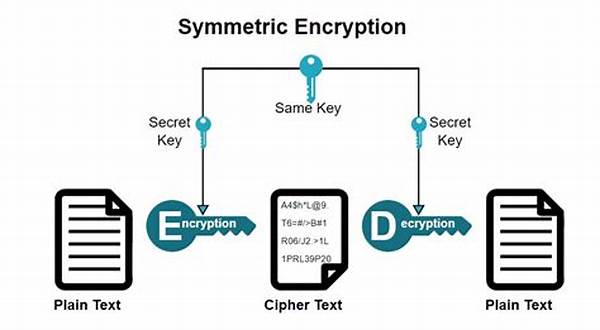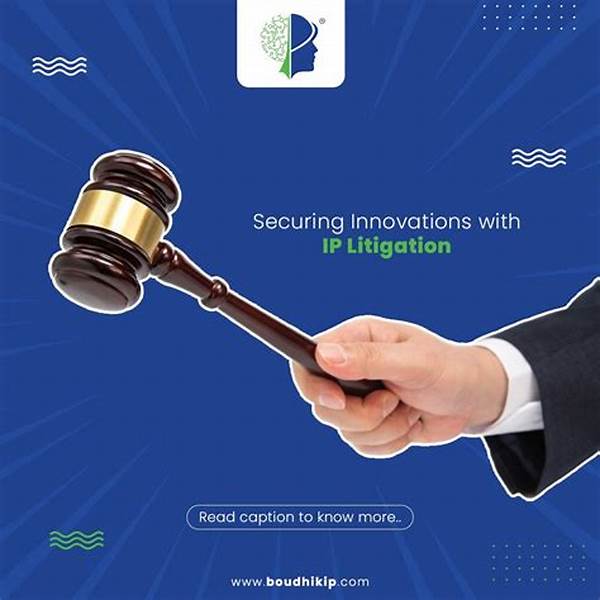Once upon a time in the bustling world of cryptocurrencies, a group of blockchain enthusiasts gathered around a campfire—well, more like a cozy Zoom call. They were on a quest to uncover the mysteries of blockchain scalability, which seemed as elusive as finding a unicorn. Suddenly, one of them cried out, “Eureka!” They had stumbled upon the magical world of state channels for blockchain networks. Little did they know, this discovery was about to change everything.
Read Now : Secure Electronic Voting Platforms
Why State Channels Matter
So, picture this: You’re at a crowded concert, and everyone’s cheering for a band that’s about to rock the stage. The concert represents the blockchain network; it’s bustling and jam-packed. But there’s this exclusive VIP lounge—state channels. They let you avoid the crowd and get things done faster. In the blockchain world, it’s like creating a private highway for your transactions, bypassing the public congestion. State channels for blockchain networks let you and your buddy exchange funds or data directly before updating the blockchain. It’s kinda like sending secret notes in class—efficient and private. Plus, these channels don’t need to check in with everyone else every second, so they keep the party going without holding up the line.
The Cool Tech Behind State Channels
1. Quick Exchanges: With state channels, you’re trading at lightning speed, like racing go-karts instead of crawling through traffic.
2. Cost-efficient: Cutting down transaction costs big time; it’s like hitting up a thrift shop instead of designer stores for the same sweet outfit.
3. Scalability: Forget about network overload; think about streaming your favorite series instead of buffering on dial-up.
4. Privacy: Your deals stay on the down-low until you’re ready to blast them on the blockchain stage, like rehearsing in a garage before the big gig.
5. Convenience: Making transactions smoother than that caramel macchiato you sip on Sunday brunch.
How State Channels Work
Okay, let’s break it down: state channels for blockchain networks are like a backstage pass. You start by setting up a channel with smart contracts. It’s like agreeing on rules before the Monopoly game begins. Then, you transact directly with your partner till you’re done playing. Once you wrap up, the final score goes public on the blockchain, sealing the deal. It’s as easy as closing the curtain post-show. All along, you haven’t bothered the crowd with your back-and-forths. This setup provides flexibility, allowing ye ol’ blockchain to breathe easy and handle other fans.
The Benefits of Going State Channel
1. Speed Boost: Hello, instant transactions! No more waiting in line.
2. Fee Reduction: Save those coins for something epic.
3. Enhanced Privacy: Keep your moves under wraps.
4. Unchained Scalability: Handle huge loads without breaking a sweat.
Read Now : Planning Successful Blockchain Gatherings
5. Flexibility: Play by your rules until you bring in the referees.
6. Simple Set-Up: Start fast, no PhD required.
7. Efficient Conflict Resolution: Settle disputes right then and there.
8. Multi-Use: Versatile channels for all kinds of dealings.
9. Sustainable Growth: Helps blockchain grow without the growing pains.
10. Peace of Mind: Secure and sound dealings every time.
Real-World Usage of State Channels
When State channels for blockchain networks hit the real world, watch out! Picture Uber rides where payments happen quietly between driver and rider, or gaming realms where all your in-game trading—and winning—is settled silently before the grand finale goes public. Or peer-to-peer marketplaces? They become lightning zones, preventing the bottleneck that can stifle larger networks. It’s about ensuring scalability comes with privacy and efficiency, not just buzzwords at conferences.
Challenges to Overcome
Yeah, it’s not all a walk in the park. There are hurdles: like making sure these state channels for blockchain networks are dead as secure as Fort Knox. And, oh, syncing them with the existing blockchain titans can be a dance all on its own. Not to mention, there’s the task of getting everybody on board with a tech that feels a bit like quantum physics to some. But the battle’s worth it for that sweet, sweet scalability.
Wrapping It Up
In short, state channels for blockchain networks are like that sleek, fast car that swerves around blockchain traffic while everyone else is stuck in gridlock. By allowing direct, scalable, and private off-chain transactions, they’re easing the strain on our beloved blockchains and delivering agility. Sure, hurdles exist, but the techies convinced they’re onto something major. Embrace this backstage pass to the world of future transactions; it’s gonna be one heck of a ride!



